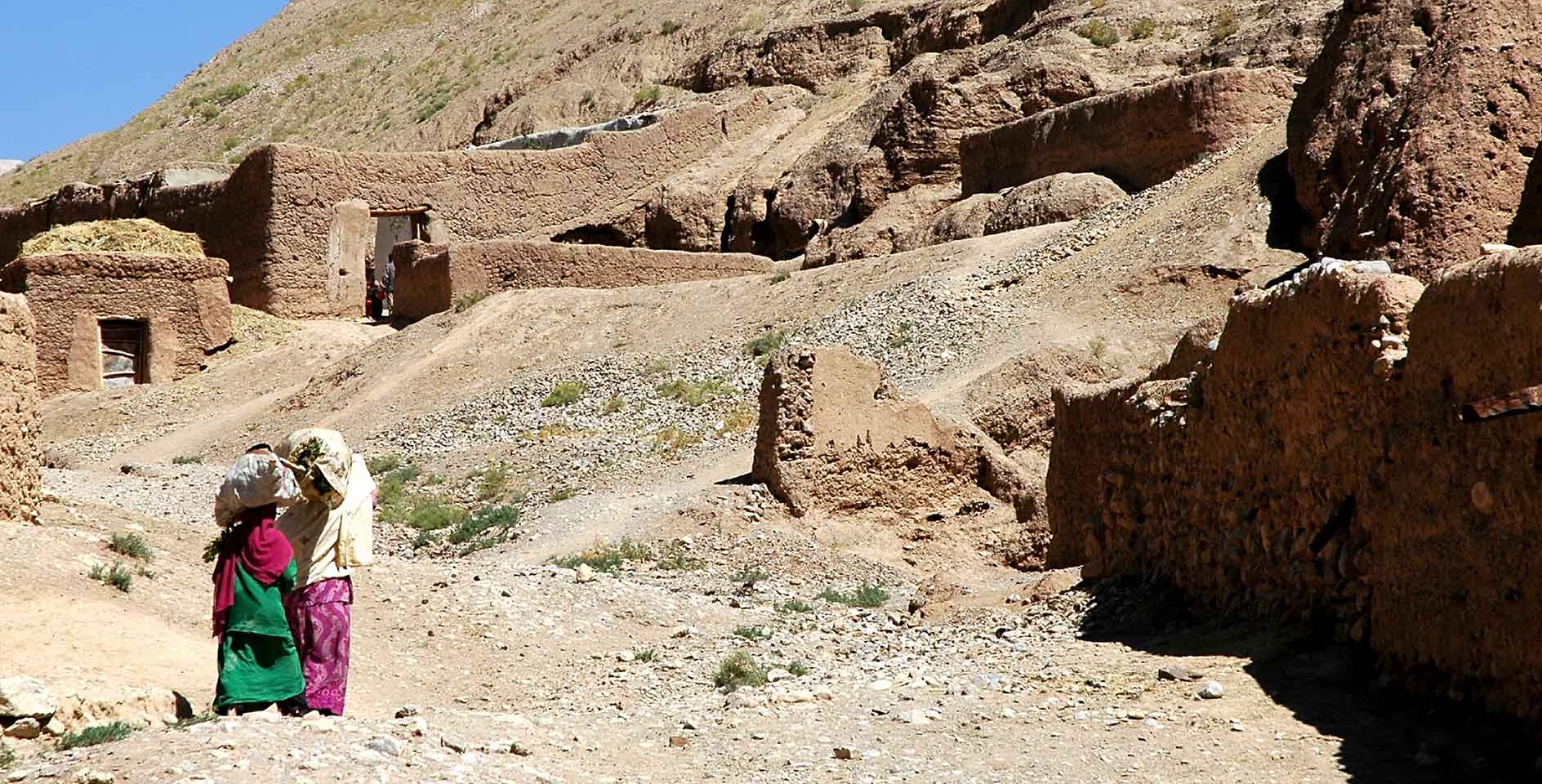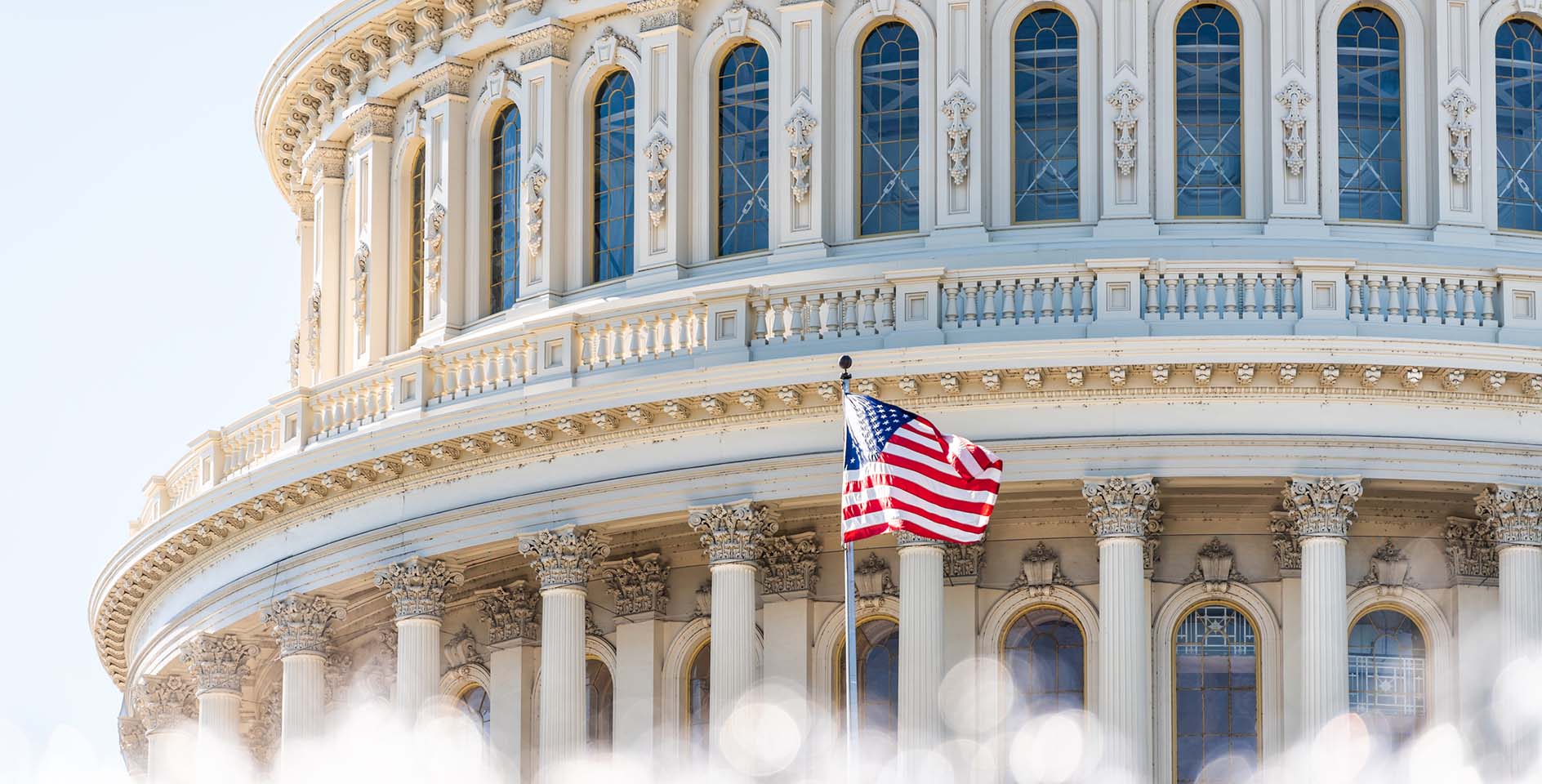On May 1, the United States Commission on International Religious Freedom (USCIRF) released its 2023 annual report. As the report mentions, USCIRF was created as a result of the International Religious Freedom Act of 1998 (IRFA). USCIRF “is an independent, bipartisan U.S. government advisory body, separate from the U.S. Department of State, that monitors religious freedom abroad and makes policy recommendations to the president, secretary of state, and Congress.”
The recommendations in USCIRF’s report are based “on its statutory mandate and the standards in the Universal Declaration of Human Rights and other international documents.” The 98-page report assesses religious freedom violations and progress during calendar year 2022 in 28 countries and makes independent recommendations for U.S. policy for both the Biden administration and for Congress.
The report’s primary focus is on two groups of countries:
- Countries of Particular Concern (CPCs): The first group includes those countries that USCIRF recommends the State Department should designate as CPCs. IRFA defines CPCs as countries where the government engages in or tolerates “particularly severe” violations of religious freedom, such as torture or prolonged detention without trial.
- Special Watch List (SWL): The second group are countries that USCIRF recommends the State Department should place on its SWL. The SWL is for countries where the government engages in or tolerates “severe” violations of religious freedom that are ongoing and egregious.
In addition to these groups, the report also includes USCIRF’s recommendations of violent nonstate actors for designation by the State Department as “entities of particular concern” (EPCs).
Country recommendations
CPCs: In this year’s report, USCIRF recommends 17 countries to the State Department for designation as CPCs. Ten countries were previously designated as CPCs: Burma, China, Cuba, Eritrea, Iran, Nicaragua, North Korea, Pakistan, Russia, Saudi Arabia, Tajikistan, and Turkmenistan. Five other countries are also recommended to be added: Afghanistan, India, Nigeria, Syria, and Vietnam.
SWL: The report also recommends 11 countries be included on the SWL. Two countries—Algeria and the Central African Republic (CAR)—had previously been included on the list. The nine other countries recommended for inclusion are Azerbaijan, Egypt, Indonesia, Iraq, Kazakhstan, Malaysia, Sri Lanka, Turkey, and Uzbekistan.
EPCs: Finally, seven nonstate actors are recommended to be designated as EPCs: al-Shabaab, Boko Haram, Hay’at Tahrir al-Sham (HTS), the Houthis, Islamic State in the Greater Sahara (ISGS), Islamic State in West Africa Province (ISWAP, also referred to as ISIS-West Africa), and Jamaat Nasr al-Islam wal Muslimin (JNIM).
The report also highlights key USCIRF recommendations that the U.S. government has implemented from USCIRF’s 2022 Annual Report—including adding CAR to the State Department’s SWL, imposing targeted sanctions on religious freedom violators, and recognizing the Burmese military’s atrocities against Rohingya Muslims as genocide and crimes against humanity.
The ERLC and international religious freedom
The ERLC is deeply committed to advocating for religious freedom around the world. In 2019, we released a short film titled “Humanity Denied: Religious Freedom in North Korea.” The film features defectors from North Korea as well as church leaders and human rights activists in South Korea.
China is country that has increased its persecution of Christians, Uyghur Muslims, and other ethnic and religious minorities. This is extremely concerning, and the ERLC has been calling on the U.S. government to hold China accountable for their religious freedom abuses and to counter China morally. Further, the Southern Baptist Convention was the first denomination to call what’s happening in China a genocide.
In addition to country-specific advocacy, the ERLC has worked on initiatives to fight against blasphemy laws and the rise of anti-Semitism. We are dedicated to advocating for the vulnerable and oppressed around the world and to championing the rights of our persecuted brothers and sisters.
How you can pray
ERLC is grateful for the work of the USCIRF and encourages all Christians to support the work of this advisory body. We can also use this report, as we do resources from the Joshua Project and Operation World, as a prayer guide for the nations and for persecuted Christians around the globe. Here are four ways, recommended by Casey B. Hough, that Christians can use USCIRF’s annual report in daily prayer for the nations:
- We can pray for the endurance and faithfulness of Christians who live in the countries listed in the report.
- We can pray for those who have not yet heard the good news of Jesus Christ because of the difficulties that missionaries encounter with the government.
- We can pray with gratefulness to God for the religious freedom that he has granted us at this time in history.
- Finally, we can pray for God to use the efforts of USCIRF and other international organizations to quell the religious freedom violations that exist around the world so that the gospel might advance without hindrance (Col. 4:3).









